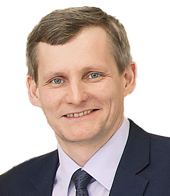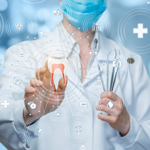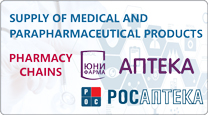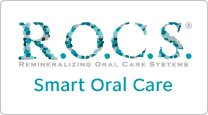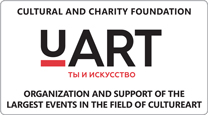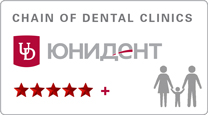Is there a doctor on the plane? Or emergency treatment by a doctor on board an aircraft
IMAGINE: YOU ARE GOING ON A
LONG-AWAITED HOLIDAY. 10,000 METERS IN THE AIR, SEVERAL HOURS OF FLIGHT AHEAD
OF US, AND SUDDENLY, «ATTENTION ALL PASSENGERS, IF THERE IS A DOCTOR ON BOARD,
PLEASE PRESS YOUR CALL BUTTON!»
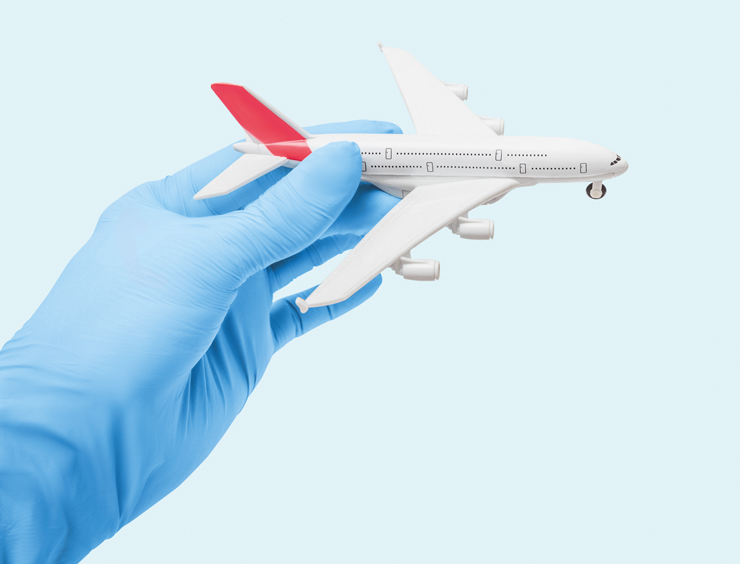
It goes through my mind: “Should I respond? Should I wait to see if there are other volunteers? What’s in the first aid kit on the plane? What if the patient needs serious help and I can't do it?" Having recalled the list of emergencies, take a deep breath and press the call button. You are now a 'medically trained volunteer passenger' who enters the world of providing emergency medical care to patients during flight.
|
MIKHAIL KACHKIN, |
WHAT IS AT YOUR DISPOSAL
There is always a medical kit or first aid kit on board, the contents of which may vary depending on the number of seats on the aircraft.
There are usually three types of first aid kits available to flight attendants. One they will use to provide emergency assistance to passengers on their own. Here you will find analgesics, sorbents, fever reducers, blood pressure monitors, blood pressure monitors, oxygen masks and, in some cases, defibrillators.
Other types of first aid kits are for emergencies and can only be opened and used by people with medical training. Usually there are syringes and solutions for injections, hormones and bronchodilators. After opening it, the chief steward makes a report. However, flight attendants are prohibited from taking medication from other passengers to aid, unless it is the property of the person being assisted.
WHO WILL HELP THE VOLUNTEER?
In the event of a patient's serious condition, communication with the medical service on the ground is imperative. A doctor on the ground will remotely supervise the crew, advise the volunteer doctor on board, and the aircraft commander may decide to make an emergency landing at the nearest airport if he or she deems that continuing the flight is unsafe for the passenger's health.
Some companies have a 'doctor on board' offer. When
purchasing your ticket
LEGAL ASPECT
The rights, duties and responsibilities of a volunteer passenger who has volunteered to provide emergency medical assistance are regulated by the current legislation of the Russian Federation. However, every country has its own laws on doctors' liability for poor medical care or abandonment. Moreover, every airline has them, and if you don't study them before you fly, you don't know whether you are protected or not.
|
REGULATORY DOCUMENTS Federal Aviation Regulations «Preparation and Performance of Flights in Civil Aviation of the Russian Federation», approved by Order of the Ministry of Transport of the Russian Federation No. 128 of 31.07.2009 Guidelines on the provision of medicines and medical devices to civil aviation aircraft Order of the Ministry of Health and Social Development of the Russian Federation of 04.05.2012 N 477n (version of 07.11.2012) «On approval of the list of conditions for which first aid is provided, and the list of first aid measures» |
If the doctor who decides to help does not have the right
qualifications, valuable time can be lost. Responsibility for the wrong
decision lies with the airline and the injured passenger's insurance
company.
According to current legislation in the Russian Federation, medical care is not
provided by a doctor, but by a health care institution. Help can only be
provided by a doctor during his opening hours at a hospital or clinic. And as
soon as a doctor goes out on the street, in terms of the law, he ceases to be a
doctor and becomes an ordinary citizen who has no right to do anything except
provide first aid.
Only those who have a diploma and a certificate (accreditation certificate)
have the right to provide medical care of any kind — Article 79 (1) of the
Federal Law No. 323. Accordingly, all students and retired persons whose
certificates have expired only call for an ambulance.
Article 124 («Refusal of treatment») states that doctors of all specialties who are not authorised to provide specialist emergency care can only be held liable for failure to provide first aid. Article 125 («Leaving in danger») applies to any citizen (not a medical professional) who is not obliged to provide first aid but is obliged to call an ambulance.
A doctor may be exempted from criminal liability if:
a) There is a serious illness of the HCP himself;
b) the doctor is busy helping another, equally difficult patient;
c) there is a threat to the doctor's own life.
STATISTICS
Excluding the pandemic situation, some 2.75 billion passengers worldwide travel by air each year. The number of medical emergencies is not easy to calculate. According to different data, the frequency varies from one medical emergency per 604 flights to one medical emergency per 7,700 passengers.
|
of cases doctors respond to requests for medical assistance from the crew |
One study analyzed the main causes of emergencies on board
that required communication with the ground. Loss of consciousness
Doctors respond to crew requests for medical assistance in 40−50% of cases, nurses and other paramedics in 5−25% of cases, and flight attendants have to provide assistance themselves in almost half of all medical emergencies (45%).
Back

